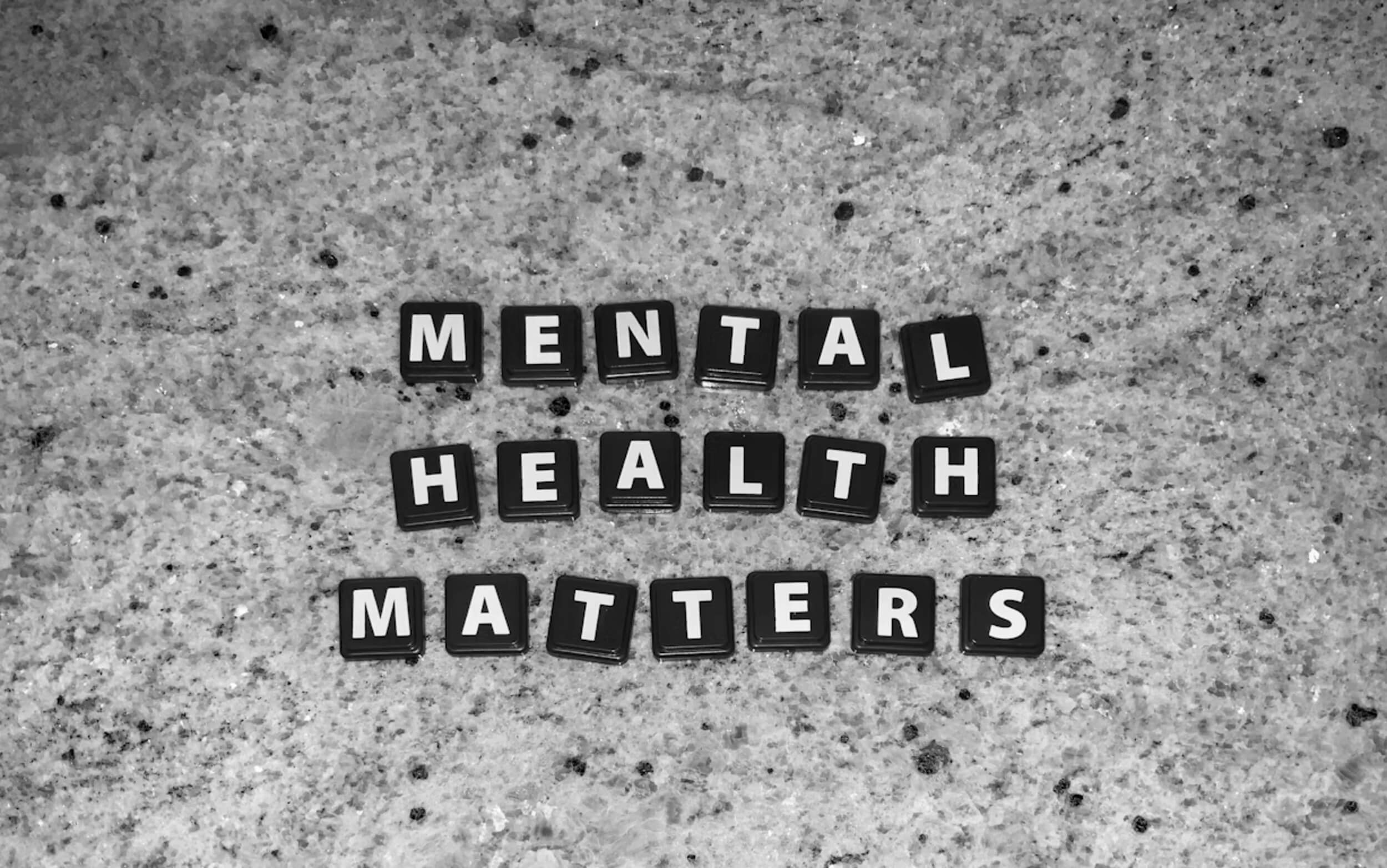How you spend your day shapes how you feel — not just in your mind but in your body too. Psychologists often say it’s the small, steady actions we repeat that have the biggest impact on long-term health. These daily habits psychologists talk about aren’t complicated or expensive — they’re simple routines that quietly train your brain and body to work together better.
Every action you take sends signals through your nervous system, affecting the hormones that control your mood, energy, and focus. When you sleep well, eat balanced meals, move regularly, or take moments to slow down, your brain responds by calming stress levels and boosting emotional balance. Over time, these routines build resilience, helping you handle pressure and feel more at ease with everyday challenges.
Caring for your physical health also supports mental wellness — a connection often called the “mind-body loop.” Strengthening one naturally strengthens the other. That’s why small changes done consistently matter more than big changes done rarely.
Up next are ten daily habits psychologists highlight as simple but powerful ways to support both your mental and physical health.
Habits That Strengthen Both Mind and Body
Everyday choices have more power than we think. Psychologists say our routines influence not only how we feel but also how our bodies work. From sleep to sunlight, these daily habits psychologists often recommend are small actions that build strong mental and physical health over time.
1. Prioritize Quality Sleep
Good sleep is like hitting the reset button for your brain and body. During deep sleep, the brain clears out stress hormones and repairs itself. Without enough rest, anxiety rises, focus drops, and small frustrations feel bigger than they are.
Keeping a steady bedtime, shutting down screens at least 30 minutes before sleep, and creating a calm space can make a real difference. Some people find reading or journaling before bed helps the mind slow down. Psychologists say that getting 7 to 9 hours of quality sleep supports both emotional control and immune function — the perfect foundation for better days.
2. Move Your Body with Intention
Activity doesn’t have to be intense to matter. Walking, stretching, dancing in your living room — it all helps release endorphins and lower cortisol, the stress hormone. Just 15 minutes of light movement can improve mood, sharpen focus, and even help you sleep better at night.
As one psychologist put it, “Movement builds mental resilience as much as physical strength.” Whether it’s morning yoga or a short walk after dinner, these small steps remind your body and mind to keep moving forward together.
3. Practice Mindful Breathing or Meditation
When life feels heavy, a few slow breaths can bring you back to center. Focusing on breathing tells the brain’s fear center — the amygdala — to calm down. This lowers heart rate and tension, helping you think more clearly.
Mindfulness doesn’t need to take much time. A one-minute pause between tasks or a few deep breaths before bed can reset your stress response. Studies show regular meditation improves focus and emotional stability, making it one of the most effective daily habits psychologists recommend for mental balance.
4. Eat to Nourish, Not Just to Fill
Food fuels every thought and emotion you have. What you eat affects brain chemicals like serotonin, which helps control mood. Balanced meals with fruits, vegetables, lean protein, and whole grains keep your energy steady and your mind clear.
Skipping meals or living on sugar and caffeine often leads to irritability and crashes later in the day. Many psychologists say, “When blood sugar is steady, so is your mood.” Eating regular, nutritious meals is one of the simplest ways to care for your body — and your emotions will thank you too.
5. Get Consistent Sunlight or Fresh Air
Sunlight is nature’s free mood booster. It helps your body make vitamin D, which supports brain health and regulates sleep cycles. Just 10–20 minutes of natural light a day — whether you’re walking outside or sitting by a window — can lift your mood and help you feel more awake.
Spending time outdoors also quiets overthinking and improves focus. As psychologists like to remind people, “Even a few minutes of blue sky can reset your mood.” When you add fresh air and light movement, you strengthen both mind and body with little effort.
6. Limit Digital Overload
Too much screen time can wear out your brain. Constant notifications and scrolling trigger stress hormones and shorten attention spans. Over time, that “digital fatigue” can make you feel tense, distracted, and mentally drained.
Try keeping your phone out of reach during meals or before bedtime. Turn off unnecessary alerts, and set screen-free hours at night. Psychologists often say, “Your brain needs quiet time just like your muscles need rest.” Disconnecting helps your mind recover so you can reconnect with real life more fully.
7. Build Real Social Connection
Strong relationships are like vitamins for emotional health. Talking, laughing, or even sharing silence with someone you trust can ease loneliness and reduce stress.
You don’t need a large group of friends — one or two genuine connections matter most. Call a friend, take a walk with a coworker, or plan a simple dinner together. Psychologists point out that people who maintain close social ties often live longer, recover faster from illness, and report greater happiness. Real conversations can do more for your well-being than hours online ever could.
8. Journal or Reflect Daily
Writing down what’s on your mind helps you make sense of it. Journaling activates the part of the brain that organizes emotions, helping you respond calmly instead of reacting quickly.
You can write about gratitude, challenges, or even small wins from your day. There’s no wrong way to do it — what matters is consistency. Research shows regular journaling lowers anxiety and strengthens self-awareness. According to psychologists, this simple daily habit acts like a mirror for the mind — it clears mental clutter and keeps you emotionally steady.
9. Set Gentle Boundaries and Learn to Say No
Saying yes to everything drains your energy faster than you think. Boundaries are the lines that protect your peace and time. They let you show up for others without losing yourself in the process.
Start small — skip one extra task when you’re exhausted or turn down an invitation when you need rest. Psychologists say boundaries build confidence and emotional balance because they show self-respect. Knowing when to stop, step back, or rest is a strength, not a weakness. These daily habits psychologists recommend keep burnout away and your mood in check.
10. Give Your Mind Time to Rest
Rest isn’t just about sleep — it’s about slowing down enough to recharge. Short breaks throughout the day can lower stress and boost focus.
You can rest by sitting in silence, listening to calming music, or stepping outside for a few minutes. Psychologists often remind people that “Rest isn’t laziness; it’s fuel for your mind and motivation.”
Your body recovers when you let it pause. Small moments of stillness help creativity return, energy reset, and motivation grow stronger. Making rest a habit keeps your mental health steady in a busy world.
Signs It Might Be Time for Extra Support
Habits can go a long way, but sometimes they aren’t enough on their own. When sadness, stress, or anxiety don’t ease after consistent effort, it may be time for extra help.
If you’re feeling stuck, losing motivation, sleeping poorly, or pulling away from people, reaching out is a healthy next step. Therapy isn’t only for crises — it’s a proactive form of care. Licensed therapists and online counseling can guide you toward better coping strategies and healing.
As many psychologists say, asking for support doesn’t mean you’ve failed. It means you’ve chosen to take your well-being seriously. Combining professional help with consistent daily habits psychologists recommend gives you the strongest path toward lasting balance and peace of mind.
Final Thoughts on Building Health from the Inside Out
Every step you take — big or small — shapes your overall health story. Even one change, like walking in the morning or going to bed earlier, makes a difference. Consistency matters more than perfection.
Your body and mind are always listening to how you treat them. Let each small act of care remind you that better health isn’t built overnight — it’s built daily. Start with one or two habits and let them grow into the foundation of a stronger, happier life.















